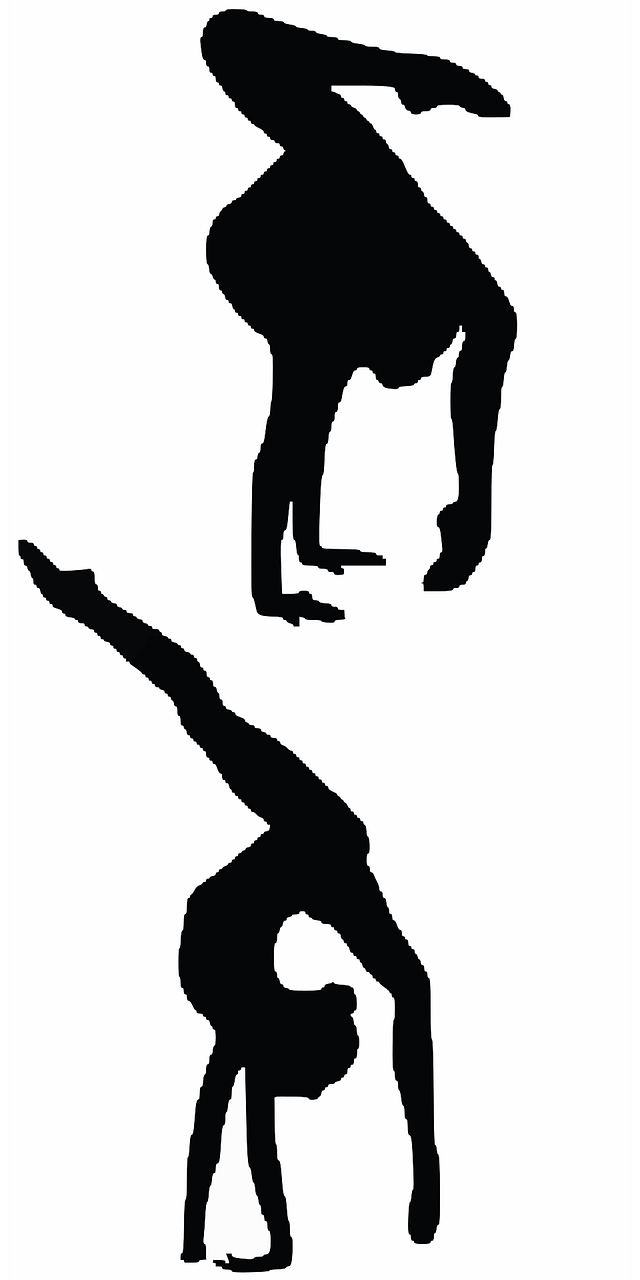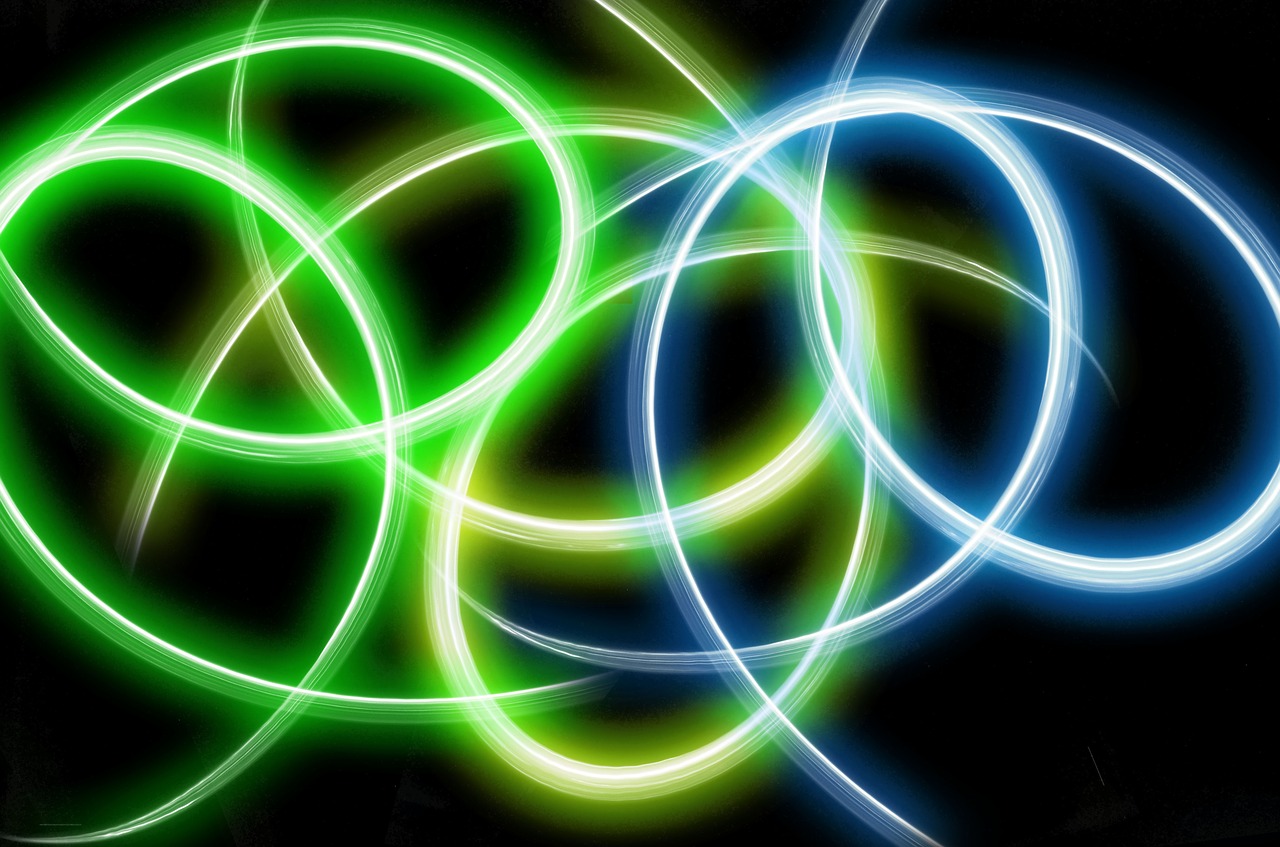Mastering the Art of Wonder: Exploring the English of Astonishment and Awe
In the vast and nuanced tapestry of the English language, there's a delightful corner dedicated to expressing the astonishment and awe that life often throws our way. From simple words to complex phrases, the English language offers an array of tools to convey our amazement, from mild surprise to utter disbelief. This journey into the惊叹惊奇的英语 realm will uncover a world where linguistic elegance meets the thrill of unexpected wonders.
To start, let's dive into the basics. The word "amazing" is a common go-to for expressing admiration or wonder, followed by its synonym "astounding." Both can be used to describe something extraordinary, leaving us speechless. For a more personal touch, "incredible" and "unbelievable" add a sense of disbelief, as in "I couldn't believe my eyes when I saw the view."
When the astonishment is so intense that it leaves one momentarily frozen, we might use "jaw-dropping" or "stunned," which paint vivid pictures in the listener's mind. The phrase "I was absolutely flabbergasted" is another gem that conveys a state of utter astonishment, perfect for those unexpected twists of fate.
For a more poetic approach, consider the use of adjectives like "staggering," "mind-blowing," and "jaw-slacking." These terms not only express amazement but also evoke a sense of being overwhelmed. The idiom "it takes your breath away" is a classic way to describe something breathtakingly beautiful or impressive.
When the astonishment is shared among a group, collective expressions come into play. Phrases like "we were all agape" or "we couldn't contain our excitement" convey the collective impact of an extraordinary experience. And if you want to emphasize the rarity of such moments, you might say "this is a once-in-a-lifetime experience."
Moving beyond adjectives and adverbs, the English language provides us with exclamatory phrases to punctuate our astonishment. "Oh my goodness!" or "Wow!" are quick and straightforward ways to express amazement. For a more sophisticated touch, you could opt for "Goodness gracious me!" or "Well, I'll be darned!"
It's not just about what we say; body language and tone also play a significant role in conveying astonishment. A raised eyebrow, widened eyes, and an open mouth are universal signals that translate across cultures. In conversation, elongating syllables or pausing after a statement can emphasize the disbelief you feel.
Moreover, the English language has an extensive vocabulary for describing specific types of astonishment. For instance, "mesmerized" suggests fascination, while "flabbergasted with delight" conveys a positive shock. And if you want to express bewilderment or confusion, you can use "bewildered" or "dumbfounded."
Lastly, let's not forget the power of storytelling in capturing astonishment. A well-crafted sentence like "The sight before her eyes was so surreal, she could hardly grasp it as reality" transports readers into the moment and allows them to share in the wonder.
In conclusion, the English language is a treasure trove of words and phrases that allow us to express our astonishment and amazement at the world around us. Whether it's a stunning sunset, a groundbreaking discovery, or a heartwarming act of kindness, these linguistic tools help us communicate our emotions and connect with others who share in the same sense of wonder. So, the next time you're faced with something truly breathtaking, let the English language carry you away on a wave of惊叹 and惊奇.









